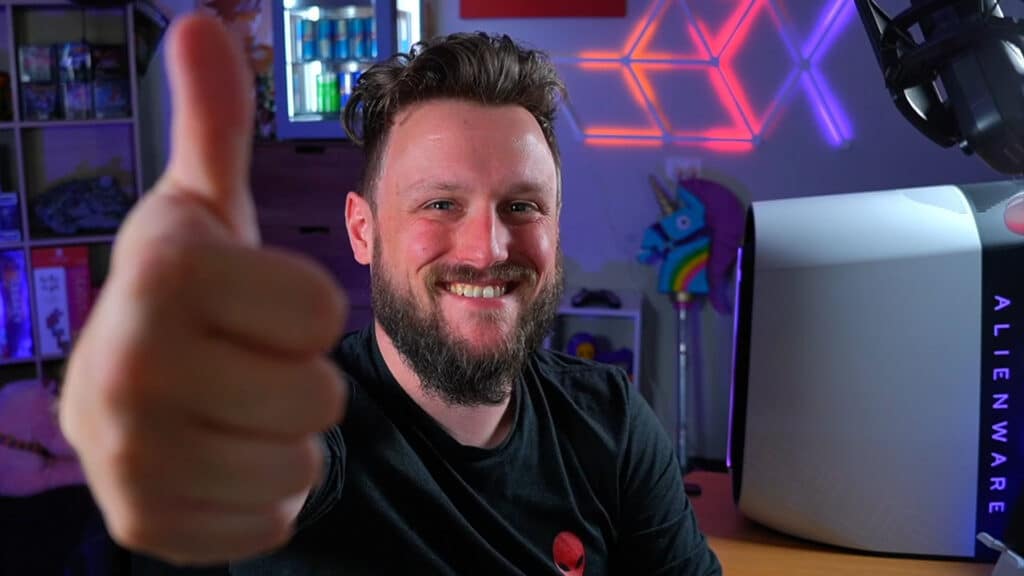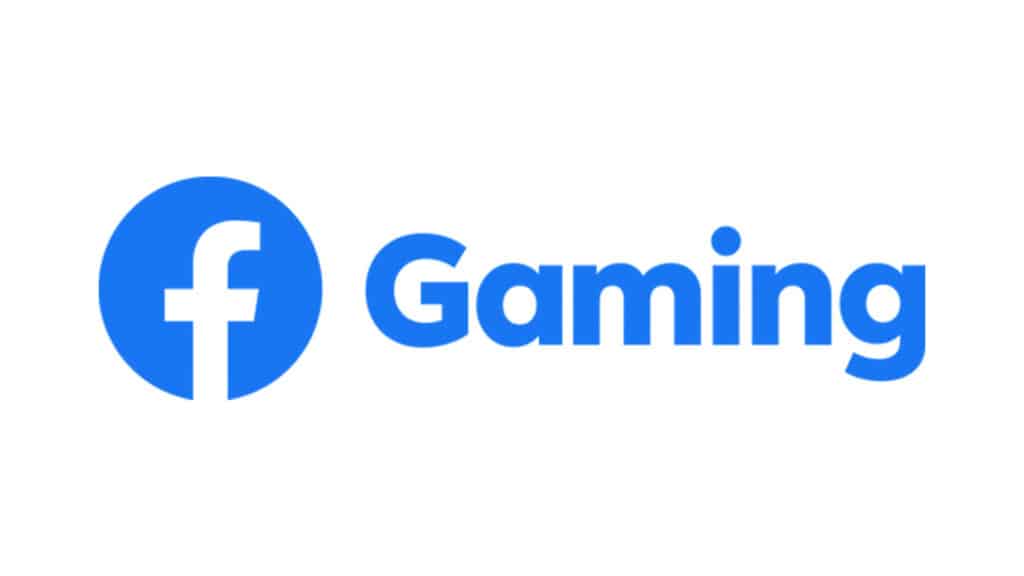Nate talks about gaming addiction. He breaks down what has happened so far including the reaction from the media and society in general. More importantly, he lays out the relevant facts and science.
Dear parents, guardians and those concerned,
You might not believe the plethora of scientific studies out there showing minimal negative effects associated with playing video games. Or, that only a minuscule percentage of gamers could fit into the gaming addiction classification. A classification that is said to be flawed by people in the community.
However, there are ways in which you can improve the relationship that you might have with the person you’re concerned for. Not only that but a healthier relationship with them is also a good thing, right?
The World Health Organisation’s new classification
Recently, The World Health Organisation (WHO) added Gaming Disorder to the 11th revision of the International Classification of Disease (ICD-11).
It’s identified in a person by:
“Impaired control over gaming, increasing priority given to gaming over other activities to the extent that gaming takes precedence over other interests and daily activities, and continuation or escalation of gaming despite the occurrence of negative consequences”
–WHO, 2018
For someone to be diagnosed, their behaviour must be “of sufficient severity” and “have been evident for at least 12 months.” This definition resulted in community outrage to the classification, both scientific and gaming. And, an even larger number of articles highlighting pro-gaming results started circulating.
The media reacts to the WHO’s classification
Not long after this, articles were then spewing out numbers saying that around 20 hours a week of playing video games is the standard time for an addiction classification. This is NOT an official number given by the WHO or any other credible establishment. Individual cases need to be assessed by a medical professional.
Crunching some simple numbers, that’s 2 hours and 51 minutes per day of gaming each week. Alternatively, people in the UK in 2017 watched an average of 3 hours and 13 minutes of TV. In the US, it’s 3 hours and 58 minutes.
Showing these numbers isn’t to point the finger at other time-consuming mediums. They’re here to highlight the different current global rates of consumption and provide people with some perspective.
Take a step back for a minute
Before you worry about a loved one’s current relationship status with video games, you shouldn’t immediately jump on the bandwagon of gaming being the source of the issue; they’re probably just your regular gamer.
Many within the scientific community are questioning the validity of “gaming disorder” being its own new disease. This dates back to the middle of last year after the classification was initially drafted. The paper discussed the “negative medical, scientific, public-health, societal, and human rights fallout”, especially the “moral panics around the harm of video gaming.”
And, this fallout and panic have become increasingly apparent in the last couple of months. This is especially the case in Australia, with news tying “gaming disorder” and “Fortnite” together in their news pieces. This came after Epic Games, the video game company behind Fortnite, released stats showing there were 125 million players playing so far this year.
The Today Show’s clip
One clip from the Today Show went especially viral, enough to get acknowledgement from Philip Defranco (a social commentator big on YouTube). The clip stated there was ‘scientific evidence’ showing increased aggressive behaviour and lack of empathy from young people who play violent video games, such as Fortnite.
Though this was the statement for the ‘Today Psychologist’, she also says to not stop your kids from playing. This is quite counterintuitive after what she’s just said.
If you have some spare time, go through the comments on Twitter to find all of the evidence you need against their misleading and somewhat flakey “news” story.
More scientific studies over the course of history
Studies around video gaming date back to the 70s. There have been some studies that have shown the negative side effects of gaming but, as with everything, context matters. Studies have shown links between gaming addiction as well as social and psychological comorbidities (co-occurring diseases/disorders) such as anxiety, depression, poor psychosocial support, and ADHD.
There are also studies that linked playing aggressive video games to aggressive behaviour. But, this was in individuals with existing aggressive traits and a history of family violence. Playing violent video games has not accurately shown an increase in aggression or violent acts.
This all goes back to a previously mentioned open debate paper where 24 professionals in the field questioned the proposal. It stated that nearly every study assessing video game addiction “is purely tentative or speculative”. It also stated that “clinical studies are scarce and suffer from low sample sizes.”
This basically means that the results from most studies have been based on conjecture rather than knowledge. The studies aren’t 100% certain. And, their small sample sizes (few participants) mean they don’t accurately reflect reality.
If you’re a parent, this is the perfect opportunity to look into the life of your children. See if there is anything else that might be causing them to throw themselves into gaming.
Look at great examples of gamers
If you’re worried, quote the biggest Fortnite streamer at the moment who currently has 14 million subscribers on YouTube and 9.2 million followers on Twitch (a free, online streaming service where viewers predominately watch their favourite gamers). You’ll be the coolest parent around.
In March, Tyler Blevins (aka Ninja) showed during an interview with CNBC in America how he is a fantastic representative for Twitch and gaming in general. Tyler ultimately said that he worked to maintain good grades in school. He worked to be able to sustain himself with his job and continued playing soccer too. He also highlighted the importance of balance in life.
This balance is something that needs to be considered when it comes to pursuing a career in video games.
Talk and bond with your kids
Regardless of the game your child is playing, (I have a strong feeling it might be Fortnite) use it as an opportunity to bond with them.
Show an interest in something they are passionate about and promote healthy lifestyle choices. Sit down and get them to explain the game to you. Have a go and play the game with them. Establish a reward system where gaming is one of the rewards (not the sole reward).
Ask them if they know that it’s a game and that real life isn’t like that. This is why game, and movie, classifications existence. If you are willing to allow your child to play something that ‘all of their friends are playing’, then be aware of the genre and classification of the content. Then, at the end of it all, ask them how their day was! There are an estimated 2.21 billion gamers in the world. That’s roughly 28% of the human population.
Be a part of that group with someone you care about.




